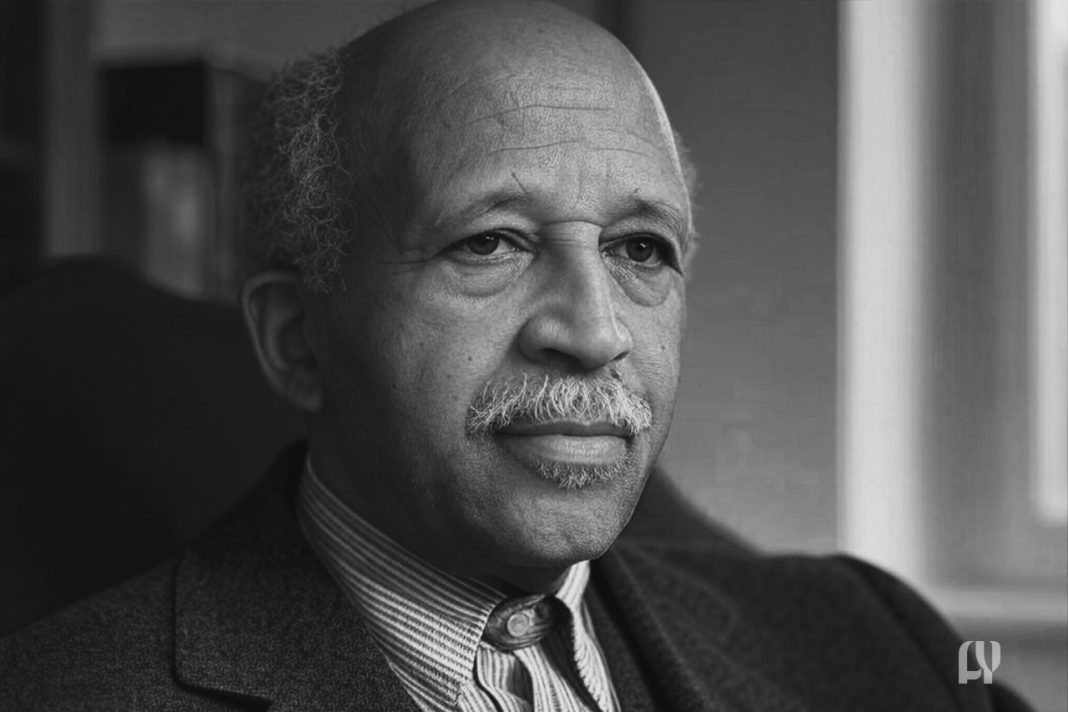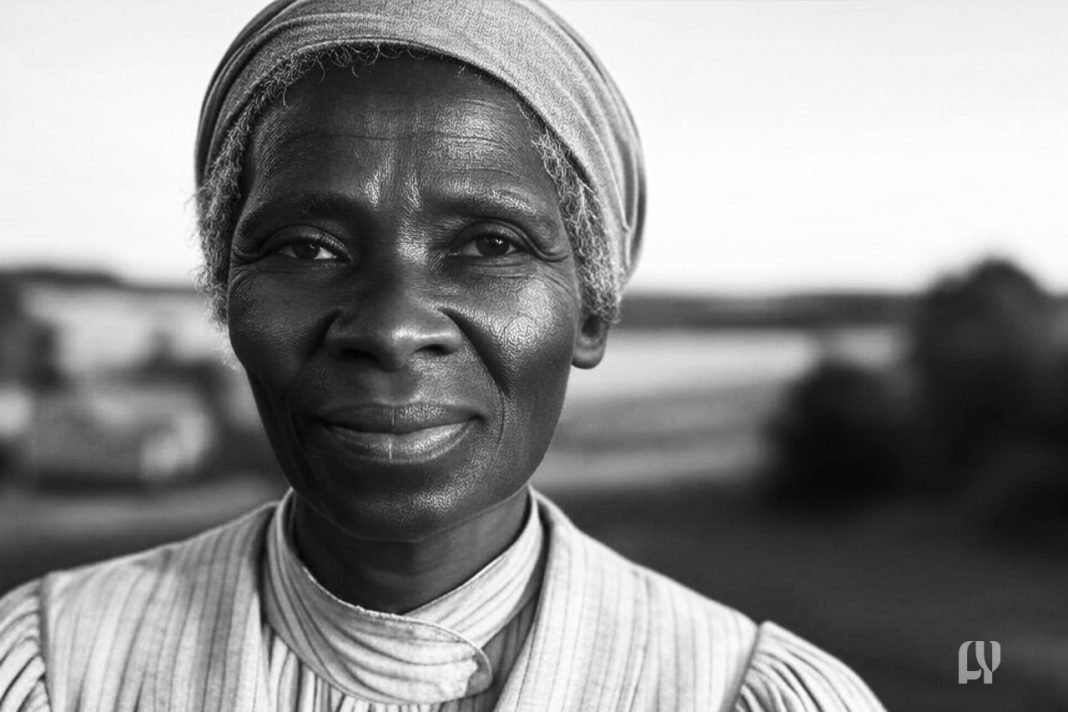The Enduring Legacy of W.E.B. Du Bois: A Beacon of Justice Across Continents
A Titan of Thought and Action
William Edward Burghardt Du Bois was born on 23 February 1868 in Great Barrington, Massachusetts. He was not just a scholar or activist. He was a visionary who reshaped how the world understands race, equality, and justice. More than a century has passed since his groundbreaking work began. W.E.B. Du Bois’ legacy continues to echo from the streets of Atlanta. It reaches all the way to the townships of South Africa. His life’s mission—to dismantle the global systems of racial oppression—remains a guiding light for movements fighting for dignity and freedom.
- Early Life and Breaking Barriers
- Pioneering Sociology: Data as a Weapon Against Racism
- The Activist: Founding the NAACP and Championing Pan-Africanism
- A Voice for Global Freedom: Linking Struggles Across Continents
- Legacy in Academia and Beyond
- Quotes That Still Speak Volumes
- Du Bois and South Africa: An Unbroken Thread
- Conclusion: The Unfinished Work
- Frequently Asked Questions About W.E.B. Du Bois
Early Life and Breaking Barriers
Du Bois grew up in a predominantly white New England community. It was there where he first encountered the “veil” of racial separation. He would later explore this theme deeply. His intellectual brilliance earned him scholarships to Fisk University. Later, he attended Harvard. He became the first African American to earn a PhD in 1895. His thesis, The Suppression of the African Slave-Trade to the United States of America, 1638–1870, initiated his career. This thesis marked a significant beginning in his professional journey. This significant work showcased his dedication to academic excellence. He was dedicated to exposing systemic racism through rigorous scholarship.
I believe in liberty for all men: the space to stretch their arms and their souls.
Pioneering Sociology: Data as a Weapon Against Racism
Du Bois’s 1899 study, The Philadelphia Negro, revolutionised sociology by using empirical data to challenge stereotypes about Black communities. In Atlanta, he led the Atlanta University Studies, documenting Black life in the post-slavery South. His concept of “double consciousness” was introduced in The Souls of Black Folk (1903). It refers to the internal conflict of living as both Black and American. This idea remains foundational in understanding identity and oppression.
At the 1900 Paris Exposition, Du Bois presented hand-drawn infographics showcasing African American progress. This was a daring use of visual data. It confronted global audiences with the realities of racial inequality. These works, recently restored in colour, highlight his innovative blend of art and activism.
The Activist: Founding the NAACP and Championing Pan-Africanism
In 1909, Du Bois co-founded the National Association for the Advancement of Coloured People (NAACP), editing its magazine, The Crisis. Through fiery editorials, he condemned lynching, segregation, and the conciliatory politics of figures like Booker T. Washington. His declaration that “the problem of the twentieth century is the problem of the colour line” became a rallying cry.

Du Bois’s activism transcended borders. He organised Pan-African Congresses, uniting diasporic voices against colonialism. His call for African independence resonated deeply in South Africa, where apartheid’s grip tightened in the mid-20th century. He never visited. But, his writings inspired leaders like Nelson Mandela and Oliver Tambo. They saw parallels between Jim Crow and apartheid.
A Voice for Global Freedom: Linking Struggles Across Continents
Du Bois recognised that racial injustice in America was intertwined with colonialism in Africa and Asia. His 1945 Colour and Democracy report criticised European empires, arguing that freedom in Africa was essential to global peace. This internationalist view influenced South Africa’s anti-apartheid movement, which drew strength from global solidarity.
In 1961, at age 93, Du Bois moved to Ghana, joining President Kwame Nkrumah’s project of African liberation. He died there on 27 August 1963. It was on the eve of the March on Washington and a poignant symbol of his lifelong bridge between continents.
Legacy in Academia and Beyond
Du Bois’s sociological approaches laid the groundwork for critical race theory and intersectionality. His insistence on centring Black voices challenged academia’s white-dominated narratives—a radical act that still inspires scholars today.
The cost of liberty is less than the price of repression.
In South Africa, his ideas resonate in post-apartheid education reforms and debates about economic justice. The University of Cape Town’s African Gender Institute, for instance, applies his frameworks to analyse contemporary inequalities.
Quotes That Still Speak Volumes
Du Bois’s words stay piercingly relevant:
- “The cost of liberty is less than the price of repression.”
- “Either the United States will destroy ignorance or ignorance will destroy the United States.”
- “I believe in liberty for all men: the space to stretch their arms and their souls.”
Du Bois and South Africa: An Unbroken Thread
While Du Bois focused largely on America and West Africa, his principles found fertile ground in South Africa’s freedom struggle. The ANC’s 1955 Freedom Charter, emphasising non-racialism and economic justice, mirrored his vision. Today, his critique of “capitalist greed” informs South African debates about land reform and inequality.
Conclusion: The Unfinished Work
W.E.B. Du Bois’s legacy is not a relic but a living force. His demand for “the right to live, work, and be human” is clear in Black Lives Matter protests. It also resonates in student movements in Johannesburg. South Africa grapples with its own post-apartheid challenges. These include corruption, poverty, and racial divides. Du Bois’s call for relentless, data-driven activism provides a warning. It also offers a roadmap.
In his final years, Du Bois penned these words: “One thing alone I charge you. As you live, believe in life!” It is a charge that still burns. It urges us to believe in a world where the colour line is finally erased.

Frequently Asked Questions About W.E.B. Du Bois
How did W.E.B. Du Bois die?
W.E.B. Du Bois died on 27 August 1963 in Accra, Ghana, at the age of 95. He had moved to Ghana in 1961 at the invitation of President Kwame Nkrumah to work on the Encyclopaedia Africana. His death occurred on the eve of the March on Washington. This was a poignant moment. It underscored his lifelong fight for civil rights. Du Bois was given a state funeral in Ghana, where he was buried as a citizen of the country.
Who was W.E.B. Du Bois, and what is he known for?
W.E.B. Du Bois was a pioneering African American scholar, sociologist, historian, and civil rights activist. He is best known for his groundbreaking work on race and inequality. This includes his concept of “double consciousness.” He played a significant role in founding the NAACP. He also showed leadership in the Pan-African movement. His seminal works, like The Souls of Black Folk, are foundational in sociology. The Philadelphia Negro is key in African American studies.
What did W.E.B. Du Bois fight for?
Du Bois fought tirelessly for racial equality, civil rights, and the end of systemic racism. He advocated for full political, social, and economic rights for African Americans. He opposed segregation and lynching. He championed education as a tool for empowerment. Internationally, he worked to unite African diasporic communities and supported anti-colonial movements across Africa and the Caribbean.
Who was the first Black person to get a PhD at Harvard?
W.E.B. Du Bois was the first African American to earn a PhD from Harvard University in 1895. His dissertation, The Suppression of the African Slave Trade to the United States of America, 1638–1870, was groundbreaking. It highlighted the economic and political forces behind the transatlantic slave trade.
What major contribution did W.E.B. Du Bois make to sociology?
Du Bois revolutionised sociology by using empirical data to challenge racial stereotypes and document the lived experiences of African Americans. His 1899 study, The Philadelphia Negro, was one of the first comprehensive sociological analyses of an urban Black community. He also introduced the concept of “double consciousness,” which explores the psychological impact of racism on Black identity.
Forever Yena Newspaper, “Speaking Truth, Inspiring Change”




